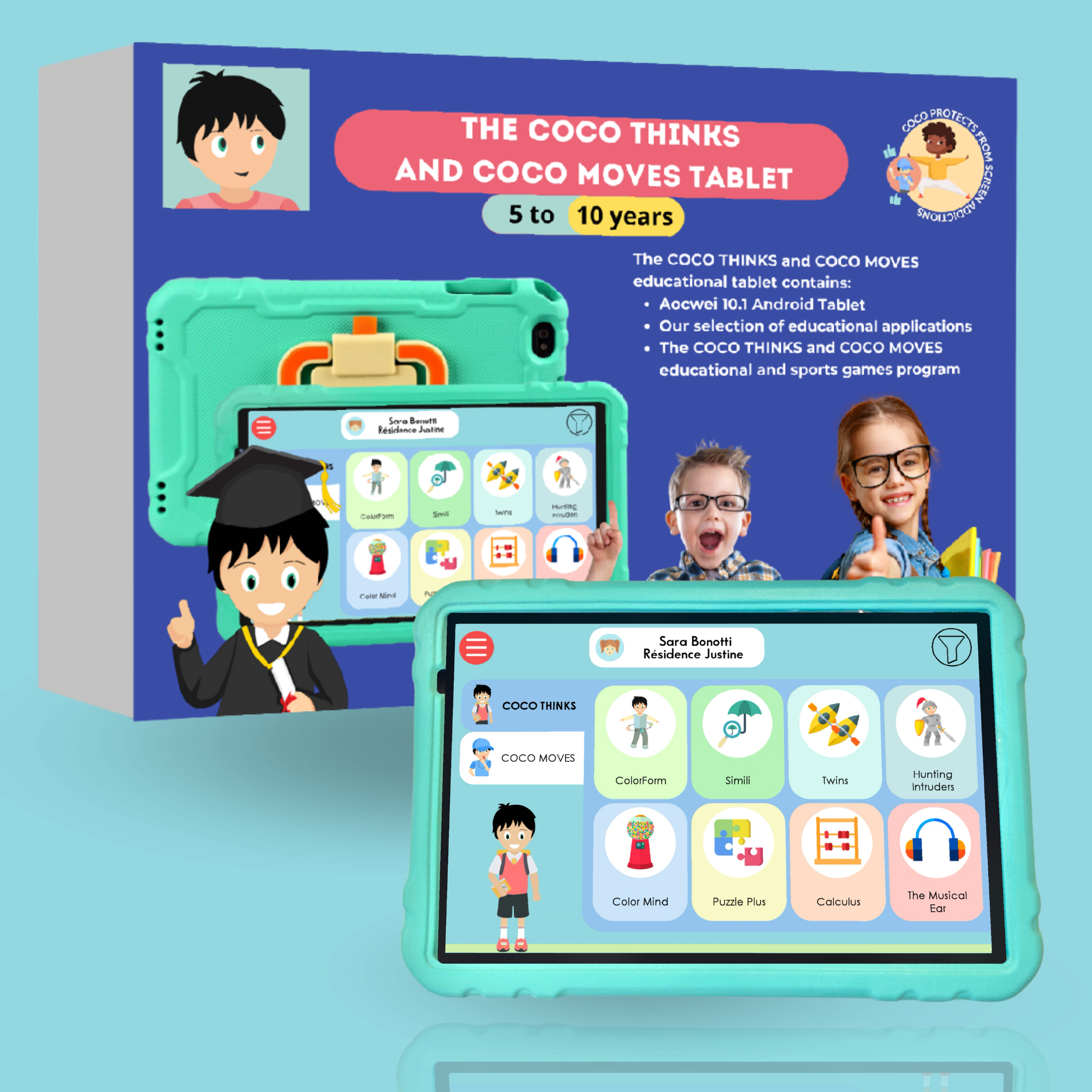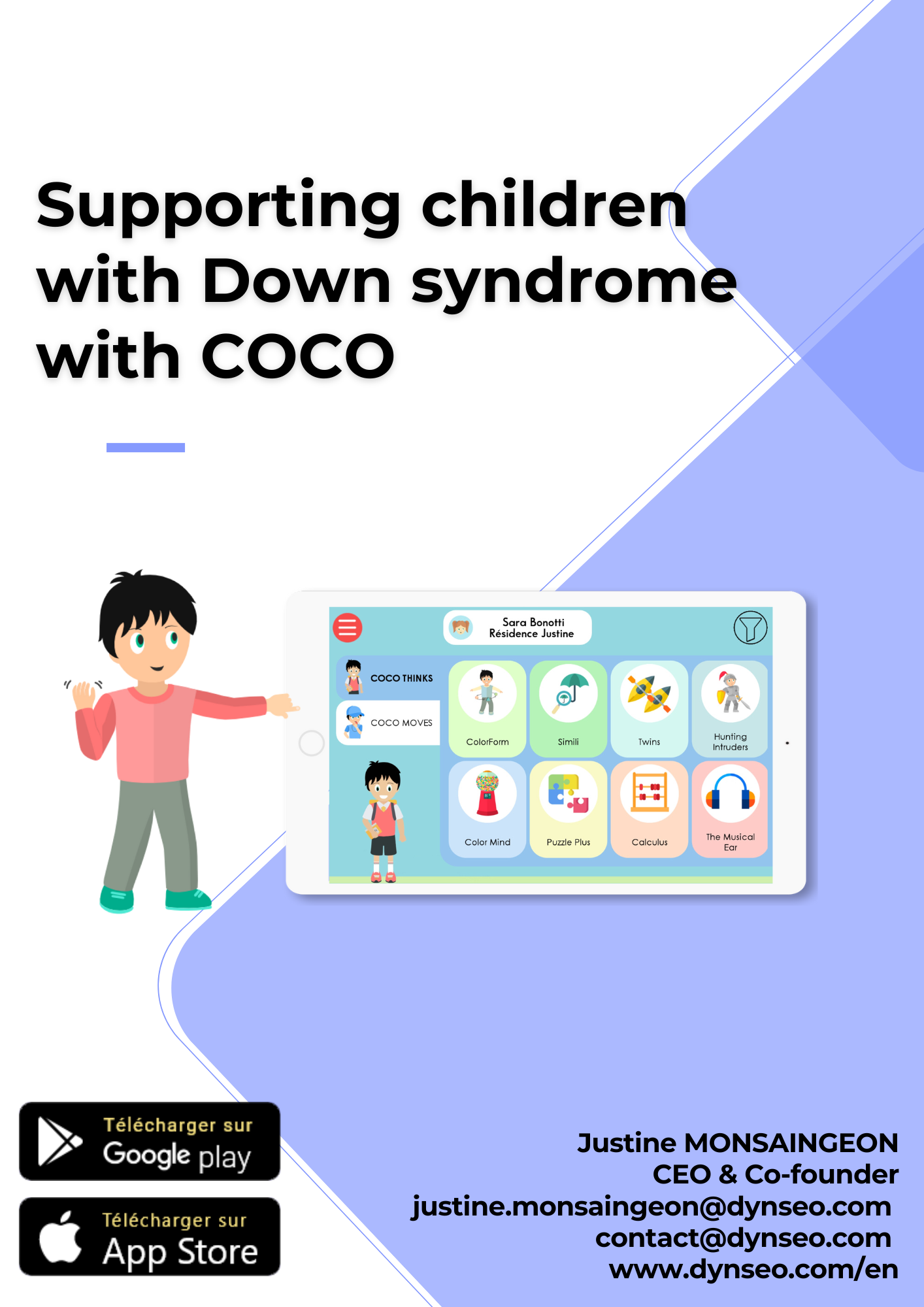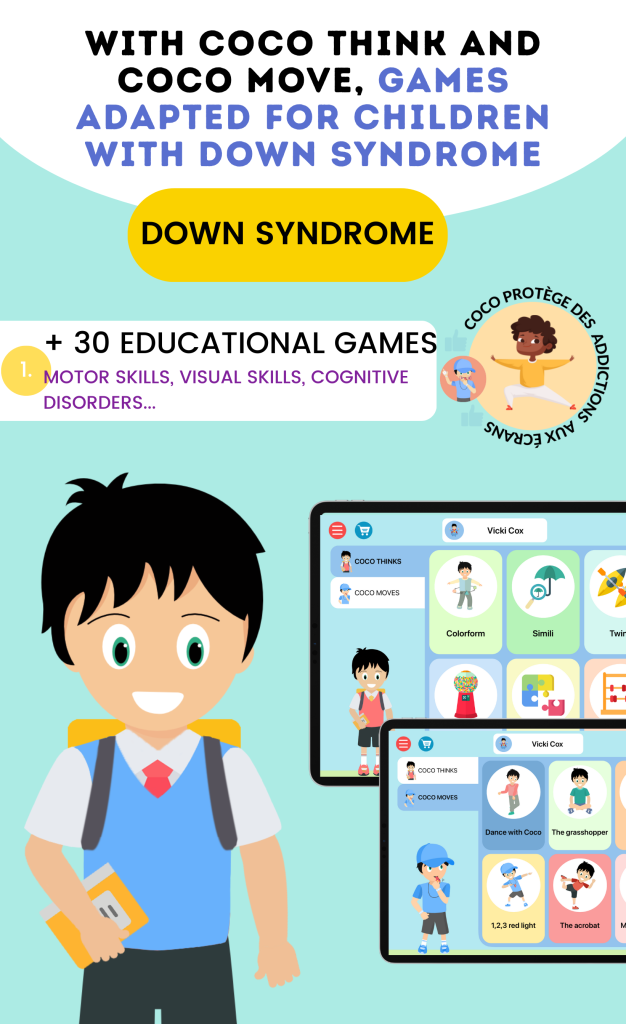As we delve into the realm of early cognitive stimulation, we recognize its profound significance in shaping the developmental trajectory of children. Cognitive stimulation refers to activities that engage a child's brain, promoting learning and development. From the moment a child is born, their brain is a sponge, absorbing information and experiences from the environment around them.This early period is crucial, as it lays the foundation for future learning, problem-solving skills, and emotional regulation. By understanding the importance of early cognitive stimulation, we can appreciate how it influences not only intellectual growth but also social and emotional development. Moreover, we must acknowledge that cognitive stimulation is not merely about academic learning; it encompasses a wide range of experiences that foster curiosity and creativity.Engaging in playful interactions, exploring new environments, and encouraging imaginative play are all vital components of cognitive stimulation. These experiences help children develop critical thinking skills and enhance their ability to navigate the world around them. As we explore this topic further, we will uncover the myriad ways in which early cognitive stimulation can positively impact a child's overall development.
The Impact of Early Cognitive Stimulation on Development
The impact of early cognitive stimulation on development is both profound and far-reaching. Research has consistently shown that children who receive ample cognitive stimulation during their formative years tend to exhibit advanced language skills, improved memory, and enhanced problem-solving abilities. These skills are not only essential for academic success but also play a crucial role in social interactions and emotional well-being.When we provide children with opportunities to explore, question, and engage with their surroundings, we are essentially equipping them with the tools they need to thrive in various aspects of life. Furthermore, the benefits of early cognitive stimulation extend beyond individual development; they can also influence broader societal outcomes. Children who experience rich cognitive environments are more likely to succeed in school and contribute positively to their communities as they grow older.This creates a ripple effect that can lead to improved educational attainment and reduced social disparities. By investing in early cognitive stimulation, we are not only nurturing individual potential but also fostering a more equitable society.Strategies for Providing Early Cognitive Stimulation

The Role of Parents and Caregivers in Early Cognitive Stimulation
Parents and caregivers play a pivotal role in providing early cognitive stimulation. Their involvement is crucial in creating an environment that nurtures curiosity and encourages exploration. By actively engaging with children during playtime or daily routines, caregivers can model behaviors that promote cognitive growth.For instance, asking open-ended questions during storytime or encouraging children to express their thoughts fosters critical thinking skills and language development. Moreover, the emotional support provided by parents and caregivers is equally important in this process. A nurturing environment where children feel safe to express themselves allows for greater exploration and risk-taking in learning.When we offer encouragement and celebrate achievements—no matter how small—we instill confidence in children, motivating them to continue exploring their interests. This supportive dynamic not only enhances cognitive development but also strengthens the parent-child bond.◆ ◆ ◆
Incorporating Early Cognitive Stimulation into Daily Routines
Incorporating early cognitive stimulation into daily routines can be both simple and effective. We can seamlessly integrate stimulating activities into everyday tasks, transforming mundane moments into opportunities for learning. For example, while preparing meals, we can involve children by counting ingredients or discussing colors and textures.This not only makes them feel included but also reinforces their understanding of basic concepts in a practical context. Additionally, we can utilize everyday outings as opportunities for cognitive stimulation. Trips to the grocery store or park can become rich learning experiences when we encourage children to observe their surroundings, ask questions, and engage in discussions about what they see.By being intentional about incorporating cognitive stimulation into our daily lives, we create an environment where learning becomes a natural part of our interactions.The Benefits of Early Cognitive Stimulation for Individuals with Down Syndrome

Overcoming Challenges in Providing Early Cognitive Stimulation
While the benefits of early cognitive stimulation are clear, we must also acknowledge the challenges that may arise in providing these opportunities. One common obstacle is the misconception that cognitive stimulation requires extensive resources or specialized knowledge. In reality, many effective strategies can be implemented using everyday materials and simple interactions.By shifting our mindset to view learning as an ongoing process rather than a formalized program, we can overcome these barriers. Another challenge may be time constraints faced by busy parents and caregivers. However, it is essential to recognize that even small moments of engagement can have a significant impact on cognitive development.By prioritizing quality interactions over quantity, we can create meaningful learning experiences without feeling overwhelmed by the demands of daily life.◆ ◆ ◆




